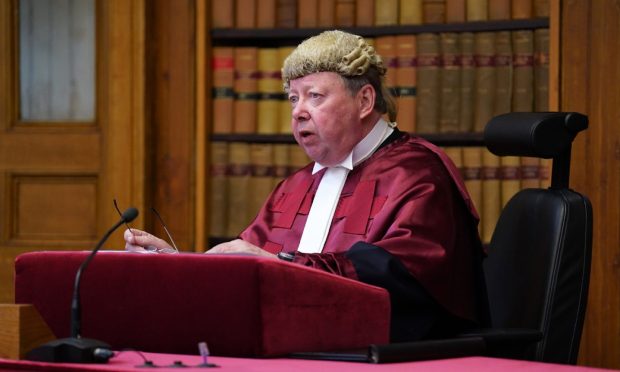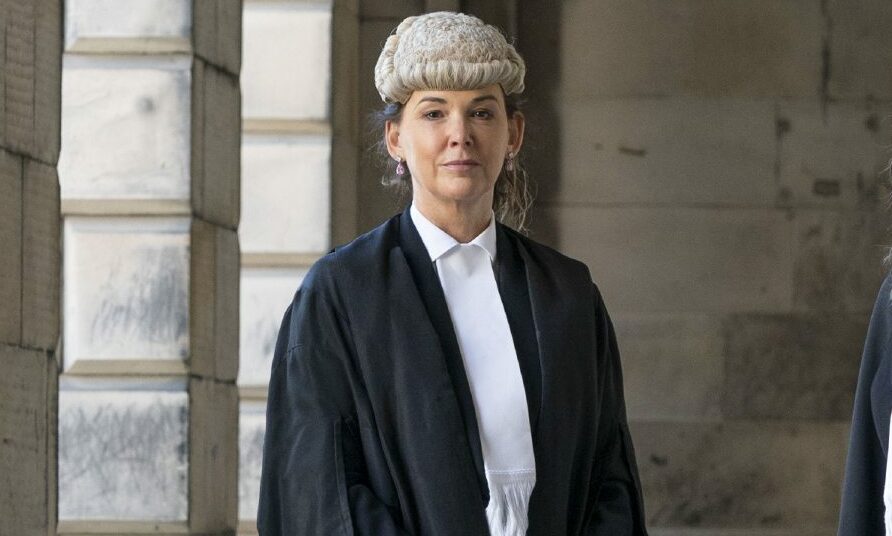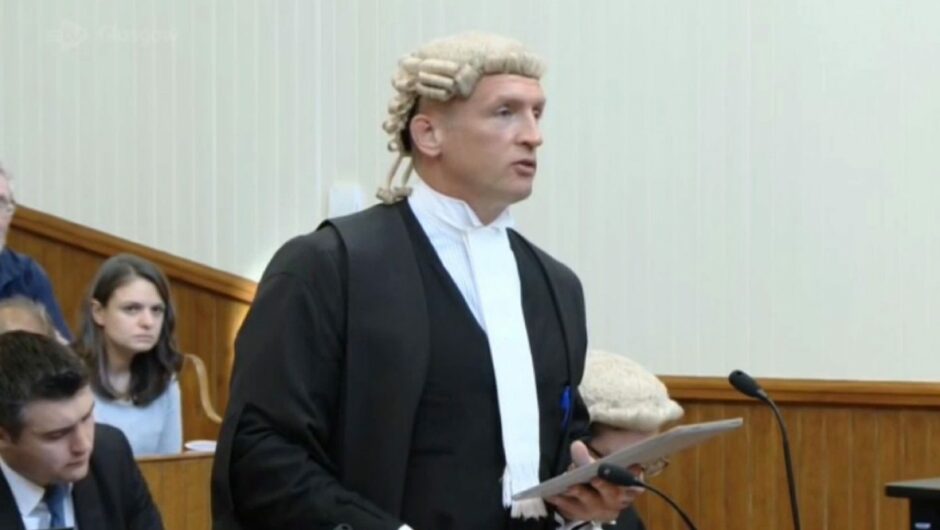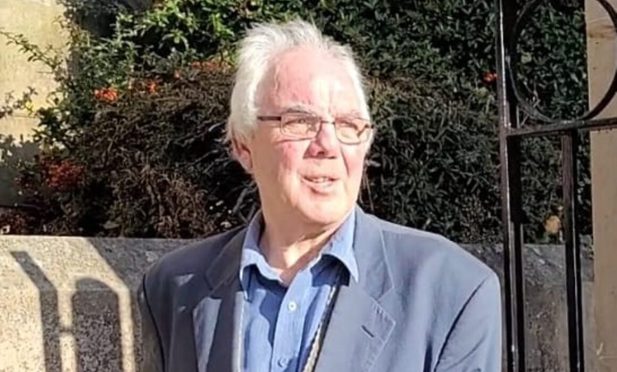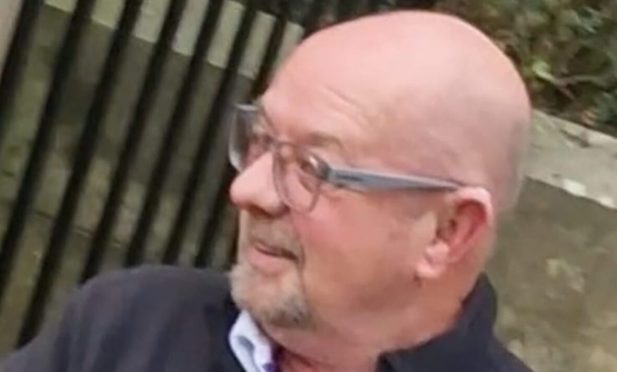Scotland’s top prosecutor said a decision made by appeal court judges has the “potential to transform” the way sex crimes are prosecuted in the country.
Dorothy Bain KC spoke after seven appeal judges ruled the distress displayed by a complainer to another witness can be used to corroborate sexual assaults.
Ms Bain KC had told the Court of Criminal Appeal in Edinburgh earlier this year of how existing practices in the Scottish legal system were “out of step” with other countries.
She told the judges it was wrong for Scottish jurors not to be allowed to treat as corroboration the distress shown by a rape victim in the immediate aftermath of an assault.
Currently, jurors have to find another source of evidence – such as forensics or an eyewitness account – which proves the crime took place.
Ms Bain pointed to cases from England, Australia, South Africa and Canada in which judges have allowed jurors to use distress as a corroboration of rape.
In a written judgement issued by the court, Lord Carloway upheld the submissions.
He wrote: “ It is clear that, in the Commonwealth generally, distress can provide corroboration of a sexual assault, including rape, without any need to corroborate penetration separately.
“Scots law is out of step with the rest of the Commonwealth.
“The answer to the questions in the reference is that a witness testifying to the de recenti distress of a complainer is capable of corroborating direct evidence from a complainer that she has been raped.”
Decision welcomed
Ms Bain said the decision of the appeal court could be “transformative”.
Statement from the Lord Advocate on today's judgement, in which the Court of Appeal reviews the law of corroboration in Scots Law. https://t.co/aTo41j12y6 pic.twitter.com/upOnxusaws
— COPFS (@COPFS) October 18, 2023
“As Lord Advocate, my fundamental commitment is to upholding the rule of law and to directing an effective, rigorous and fair prosecution system.
“Since my appointment, I have sought to do all within my power to deliver justice for women and girls, who are disproportionately impacted by sexual offences.
“The potential to introduce transformative change, such as through this Lord Advocate’s reference was one motivation for me taking office.
“Today’s decision has the potential to transform the way we prosecute all offences, in particular sexual offences and will improve access to justice for more victims.”
Opposition to move
Ms Bain came to court as a consequence of a ruling made by a judge who presided over a trial featuring unnamed parties at the High Court in Aberdeen last year.
A man was accused of raping a woman in March 2019 and three witnesses testified to her distress.
The judge directed that could not of itself corroborate corroborate penetration but could confirm she suffered some distressing event.
Ms Bain said this practice was wrong due to the nature of sexual assault and the difficulty in obtaining more usual means of corroboration.
Roddy Dunlop KC said, in opposing the Lord Advocate reference, said it “shift(s) the balance too far in favour of the Crown.”
The Dean of the Faculty of Advocates said: “I quite accept that distress is circumstantial evidence and secondly that it should not be treated any differently from any other form of such evidence.”
He said our established law required every crucial component of a crime to be corroborated and said the Crown were seeking to create “a bonfire of authorities”.
“There is no warrant for holding that because a piece of circumstantial evidence corroborates one crucial fact it thereby corroborates all of them.”
Future deliberations
In the judgement, Lord Carloway wrote about how juries in future such cases should be directed to act in their deliberations.
He said each element of an alleged offence need not be corroborated separately but that “the evidence of a complainer given in support of the libel may be corroborated by distress shown by the complainer shortly after an alleged incident, where the jury are satisfied that the distress arose spontaneously due to the nature of the incident.”
The ruling comes as controversial plans for juryless rape trials have been floated by the Scottish Government, leading to a significant backlash by lawyers.
